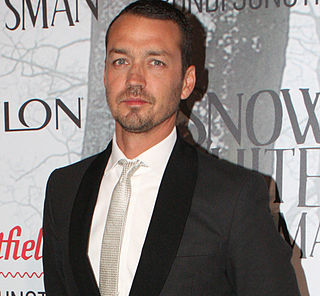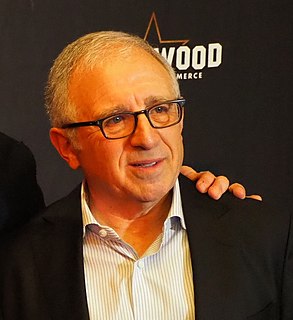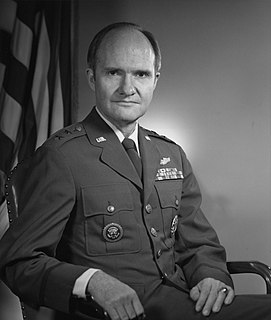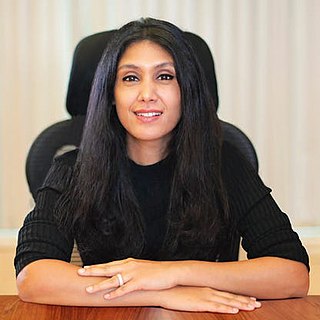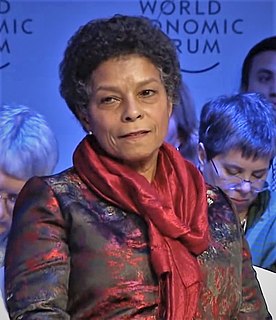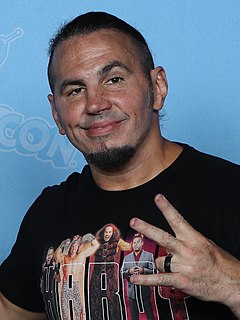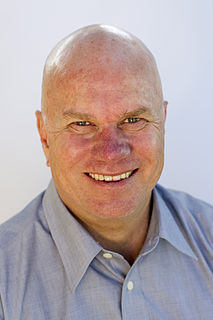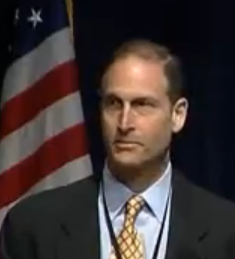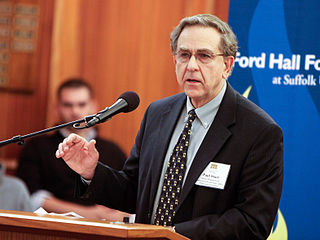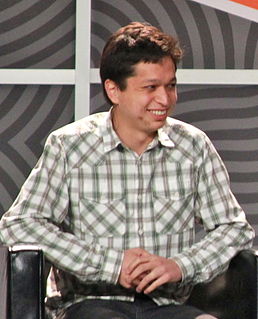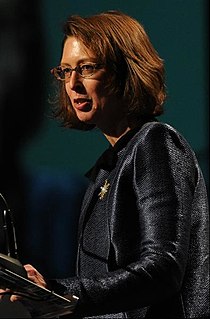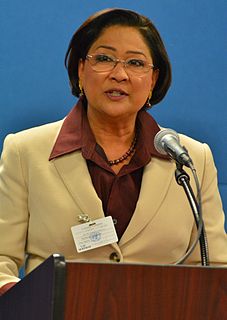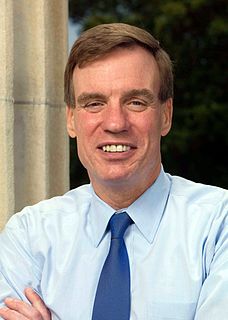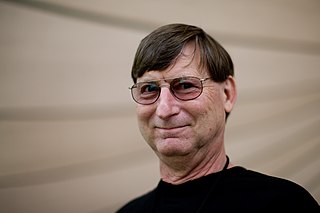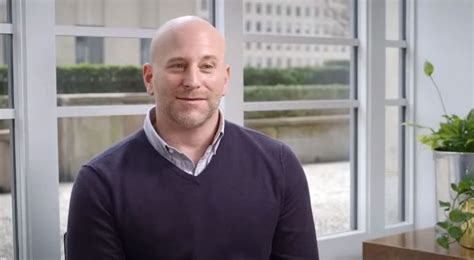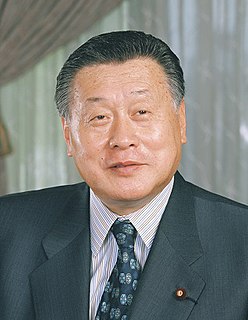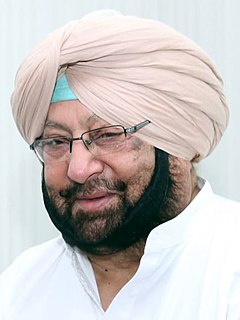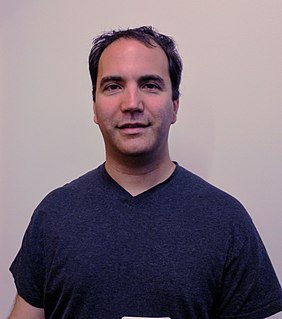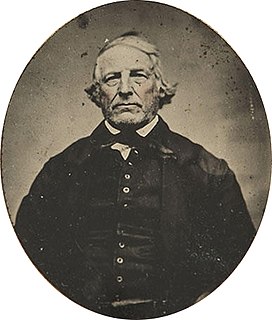Top 1200 Information Technology Quotes & Sayings
Explore popular Information Technology quotes.
Last updated on November 15, 2024.
What’s next for technology and design? A lot less thinking about technology for technology’s sake, and a lot more thinking about design. Art humanizes technology and makes it understandable. Design is needed to make sense of information overload. It is why art and design will rise in importance during this century as we try to make sense of all the possibilities that digital technology now affords.
Data isn't information. ... Information, unlike data, is useful. While there's a gulf between data and information, there's a wide ocean between information and knowledge. What turns the gears in our brains isn't information, but ideas, inventions, and inspiration. Knowledge-not information-implies understanding. And beyond knowledge lies what we should be seeking: wisdom.
People always think of technology as something having silicon in it. But a pencil is technology. Any language is technology. Technology is a tool we use to accomplish a particular task and when one talks about appropriate technology in developing countries, appropriate may mean anything from fire to solar electricity.
Electronic medical records are, in a lot of ways, I think the aspect of technology that is going to revolutionize the way we deliver care. And it's not just that we will be able to collect information, it's that everyone involved in the healthcare enterprise will be able to use that information more effectively.
We have seven pillars of development. India has a cutting edge information technology industry. We are setting up a technology park. We would like to see technology penetration iin education. Besides, we would like to see cooperation in industries like fashion, filmmaking, ship-building, education, health and energy.
Technology for me is discover, learn, evolve and implement. It combines 3Ss- speed, simplicity and service. Technology is fast, technology is simple and technology is a brilliant way to serve people. It is also a great teacher. The more we learn about technology and the more we learn through technology, the better it is.
On the information technology side, health care is still behind other industries. There needs to be a real push to create better electronic health records, more inter-operability amongst various types of electronic systems and cybersecurity is becoming a huge deal in in health care. Health care records are highly sought after by virtue of the fact that not only do you have somebody's person financial information, you also have their person medical information.
Normally if you add information to information, you have more information. In case of my art, I destroy information, I would say, because the image is disturbed by the writings. In a way, they become pure imagery. For me it's really fun because it's an idealistic approach to images, to just play around with information and see what's happening.
It isn't that information is exploding, but accessibility is. There's just about as much information this year as there was last year; it's been growing at a steady rate. It's just that now it's so much more accessible because of information technology. The consensus is that a Web crawler could get to a terabyte of publicly accesible HTML. A terabyte is about a million books. the UC Berkeley library has about 8 million books, and the Library of Congress has 20 million books.
Contemporary technology could be used to eliminate ownership and management of corporations. It could be used to provide - lets say Apple computers. In principle information technology could be used to provide direct information to the work force on the ground so that they could democratically decide what the company would do, eliminating the role of management. It could be used for that. People aren't developing technology for that purpose.
What has happened is that genetics has become a branch of information technology. It is pure information. It's digital information. It's precisely the kind of information that can be translated digit for digit, byte for byte, into any other kind of information and then translated back again. This is a major revolution. I suppose it's probably "the" major revolution in the whole history of our understanding of ourselves. It's something would have boggled the mind of Darwin, and Darwin would have loved it, I'm absolutely sure.
Today your technology is far more sophisticated. Forget about sending a reconnaissance aircraft, your satellites provide you information on a minute-to-minute basis. Similarly, when missiles were fired, every missile has a camera in its cone, on its nose, and it keeps relaying information until the point of its impact.
Wireless is the largest information, communication, and technology platform in history, and mobile broadband is transforming how we can deliver educational materials and experiences to all students. The technology now exists to support learning on a massive scale and advance the 21st century skills needed to compete in the global economy.
Well, there's a question as to what sort of information is important in the world, what sort of information can achieve reform. And there's a lot of information. So information that organizations are spending economic effort into concealing, that's a really good signal that when the information gets out, there's a hope of it doing some good...
Well, there's a question as to what sort of information is important in the world, what sort of information can achieve reform. And there's a lot of information. So information that organizations are spending economic effort into concealing, that's a really good signal that when the information gets out, there's a hope of it doing some good.
I think we are definitely suffering from an information overload, but I believe that there is going to be better and better ways of organizing that information and processing it so that it will enhance your daily life. I just think that technology and information, it's overwhelming at the moment, but it's really going to make life better.

